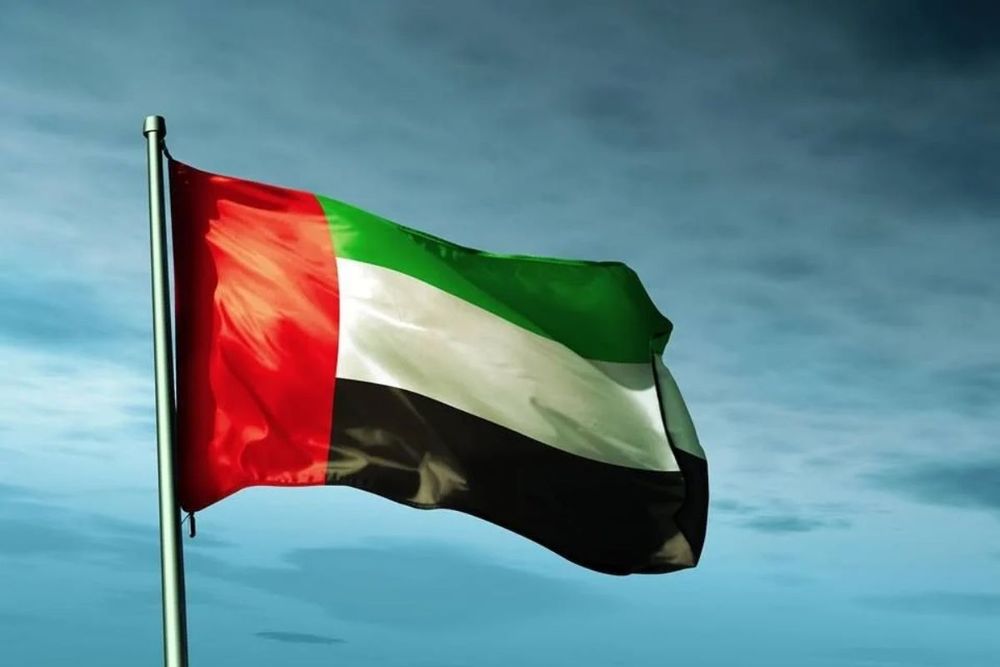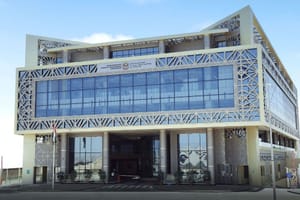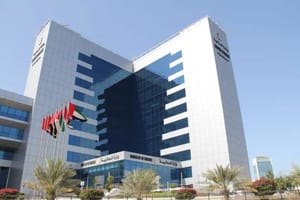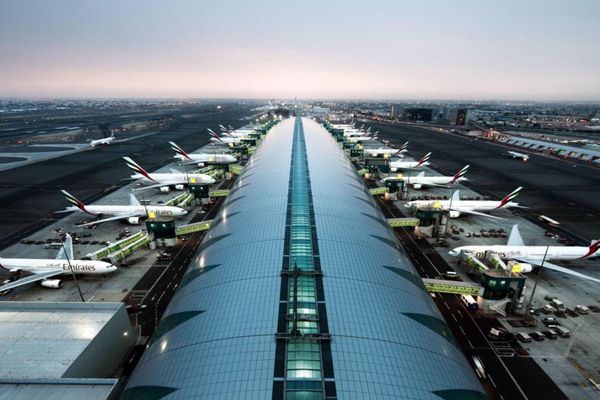The UAE’s GDP in 2022 at constant prices totalled Dh1.62 trillion.
The focus of the UAE, one of the fastest-growing global economies, is to keep growing by 7.0 percent annually to meet its target of doubling its gross domestic product by 2030.
Abdulla bin Touq Al Mari, Minister of Economy, has said in an interview with Bloomberg that the UAE needs to double its economy so it becomes a Dh3 trillion economy by the end of 2030.
Last month, the minister said that the preliminary estimates of the GDP for 2022, issued by the Federal Competitiveness and Statistics Centre, reaffirm the robustness of the country’s economic performance and its achievement of positive growth rates that exceeded estimates.
The UAE’s GDP in 2022 at constant prices totalled Dh1.62 trillion while totalling Dh1.86 trillion at current prices, an increase of more than Dh337 billion compared to 2021, achieving a growth of 22.1 percent.
The UAE’s foreign trade hit Dh2 trillion in 2022, up 17 percent year-on-year. It has signed bilateral trade agreements with global partners spanning India, Turkey, Israel, and Indonesia. The Arab world’s second-largest economy hopes to achieve this goal through a spate of bilateral trade deals and partnerships, including the Comprehensive Economic Partnership Agreement (Cepa) signed with India, one its major trade and economic partners.
Last week, during Turkish President Recep Tayyip Erdogan’s visit to Abu Dhabi, the UAE pledged to ramp up financial help for Turkey with deals that could be worth more than $50 billion. The financial commitments include the signing of several memoranda of understanding.
On the UAE-India ties, Al Mari said that the two countries' economies were among the fastest growing in the world in 2022. The UAE economy grew by 7.6 percent last year, and according to the World Bank estimates, the Indian economy’s GDP achieved a yearly growth of 7.7 percent in the first nine months of the fiscal year 2022-2023.
The International Monetary Fund (IMF) has projected that the UAE’s economy would expand at a faster pace next year as it lowered the global growth outlook slightly amidst uncertainty in the financial system. The IMF has projected that the country’s GDP would expand at 3.9 percent in 2024 as compared to 3.6 percent this year, regardless of geopolitical headwinds and uncertain global recovery prospects. The IMF’s executive board has said the UAE’s economic outlook remained positive, supported by strong domestic activity and enhanced business confidence. Following the recent 2022 Article IV consultation with the UAE, the IMF’s directors recently forecast a 3.8 percent surge in non-hydrocarbon growth driven by continued tourism activity and increased capital expenditure.
Economists are upbeat about the second half of 2023, given the strong rebound in the real estate and travel and tourism sectors spurred by the continued migration of businesses, investors, and high-net-worth individuals from across the globe.
The World Bank projected the GCC’s second-biggest economy to grow at 3.3 percent in 2023, while the Arab Monetary forecasts a growth of 4.2 percent. According to S&P Global, a strong rise in new businesses across the country underlined the growing confidence in the business community about sustained economic prospects.
The Central Bank of the UAE sees the economy growing at a solid pace in Q1 2023,
“reflecting a strong performance of the non-oil sector, partially offset by a moderation in the oil segment of the economy.”
The UAE has undertaken several development projects with an investment of $23 billion in July 2022 to significantly boost construction and allied activities and create job opportunities. Some of the ongoing projects include the railway network project under Etihad Rail’s supervision of Dh40 billion by 2024, the construction of Dubai’s urban tech district by 2024, and the expansion of the capacity of the Rashid solar park by 2025. These projects are expected to drive the construction activities, which GlobalData forecasts to rise by an average of 2.0 percent over 2023-25.
News Source: Khaleej Times









